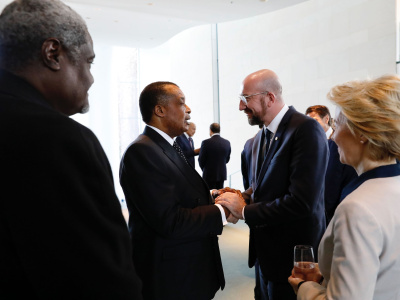
Partnership in the 1990's: How to Make it Work Better
"Partnership" is the politically correct description for most forms of devel- opment cooperation. It refers to a shared commitment to tackle develop- ment problems on the basis of an agreed division of tasks and responsibilities. Through partnership, it is claimed that southern partners are responsible for their own development and that donor agencies have supportive roles only. Donors and recipients alike preach its benefits, and all claim to practise it. Partnership has turned out to be very difficult to implement. It is often not clear what it really means and who should be responsible for what. Recipi- ent ownership is hard to combine with donor accountability. Donors look at their partners and observe weak commitment to development, institu- tional decline, poor accountability systems, and aid addiction. They respond with hands-on approaches, despite evidence of their limitations. Developing countries see little sympathy for political realities, many conditionalities, too much bureaucracy and too little policy coherence. In the current political climate, aid agencies are under pressure to re-think the nature of their development cooperation. Their electorates expect value for money, efficient management, and evidence of impact. There are numerous reports and evaluations on how to improve aid effectiveness, but the aid sector has generally been reluctant to learn from past failures and best practice. The credibility crisis in development cooperation is reflected in the decline of aid budgets. ECDPM invited 45 participants from developing countries, donor agencies, parliaments, non-governmental organisations, and the research community to attend a Round Table. Three questions were on the agenda. Is partnership still a useful approach, how can both recipient ownership and donor accountability be combined, and how can changes in the aid system be achieved? This brief summarises the discussions. It reviews the pressures on partner- ship and contradictions in the aid system. It argues that there is no alterna- tive to partnership, but that the concept needs redefining. Suggestions are made on how this can be done in the management of development programmes. Finally, it analyses strategies to accelerate the desired reforms. Read Policy Management Brief 3
Loading Conversation


